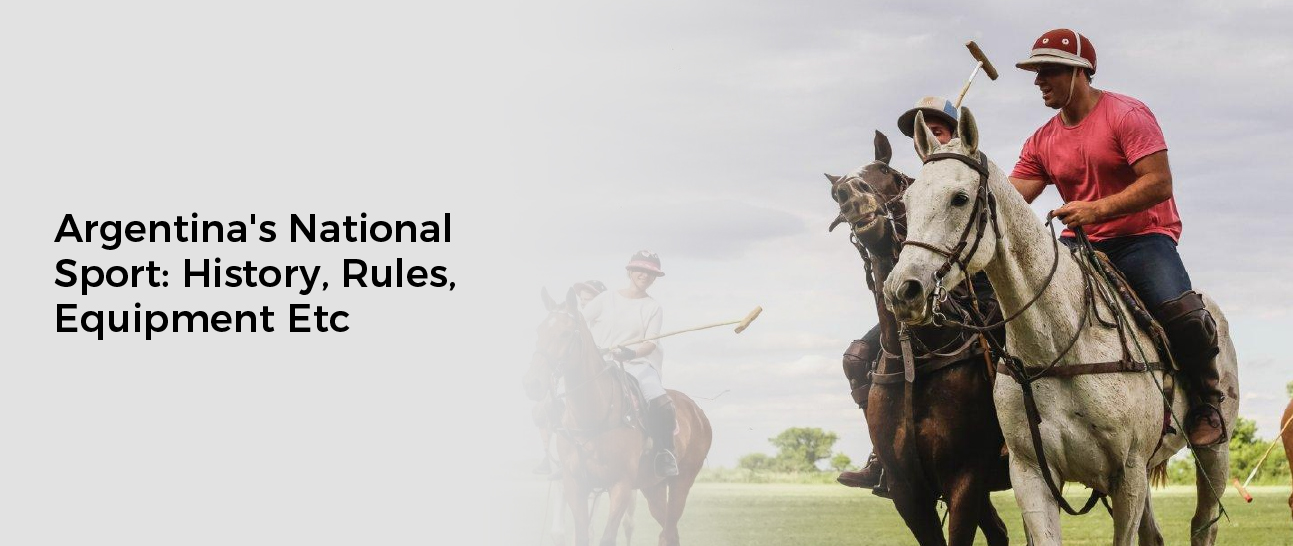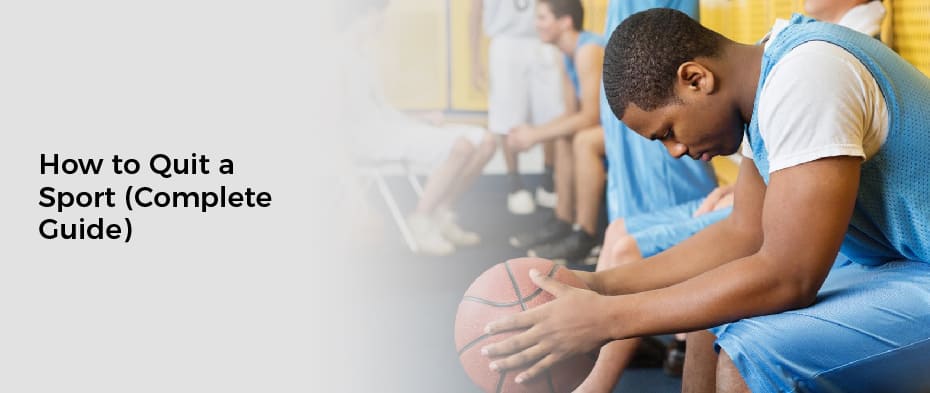Aggression is a crucial aspect of sports that can drive athletes to push their boundaries, achieve remarkable feats, and gain a competitive edge. Being more aggressive in sports involves developing the right mindset, channeling emotions effectively, and utilizing physical conditioning techniques. This article explores the concept of aggression in sports, its benefits, and practical strategies to enhance aggression for improved performance.
Understanding Aggression In Sports
There are a few things you need to understand first before going forward:
1. Definition of Aggression in Sports
Aggression in sports refers to athletes’ proactive and assertive behavior involving intense effort, determination, and competitiveness. It is not about harming opponents or engaging in unsportsmanlike conduct, but rather harnessing a focused and determined approach to excel in the game.
2. Types of Aggression in Sports
There are two primary types of aggression in sports: instrumental aggression and hostile aggression. Instrumental aggression is goal-oriented and aimed at achieving a specific outcome, such as winning a game or scoring a point. Hostile aggression, on the other hand, involves hostile acts intended to harm or injure opponents, which is not encouraged or acceptable in sports.
Benefits of Aggression in Sports
Let’s take a look at its benefits:
1. Increased Performance
Embracing aggression in sports can lead to enhanced performance. It helps athletes tap into their full potential, push their limits, and give their best effort during training sessions and competitive events. Aggression drives athletes to strive for excellence and overcome obstacles, resulting in improved skill development and overall performance.
2. Enhanced Mental Toughness
Aggression cultivates mental toughness, which is crucial for success in sports. It enables athletes to handle pressure, stay focused, and maintain resilience in challenging situations. By developing mental toughness, athletes can better cope with setbacks, maintain motivation, and bounce back stronger.
3. Competitive Advantage
Aggression provides a competitive advantage by intimidating opponents and creating a psychological edge. Athletes who display controlled aggression often gain respect from teammates, coaches, and opponents, which can influence the outcome of a game. It instills a winning mentality and enhances the overall team dynamics.
Techniques To Develop Aggression In Sports
There are some tips that help you out in developing aggression in sports:
1. Mental Preparation
Mental preparation plays a vital role in developing aggression. Athletes can utilize techniques such as goal-setting, visualization, and positive self-talk to enhance their mental state before and during competitions. Setting clear objectives, imagining success, and reinforcing positive thoughts can boost confidence and trigger a more aggressive mindset.
2. Physical Conditioning
Physical conditioning is essential to support aggressive performance in sports. Regular training, including strength and endurance exercises, helps athletes build physical capabilities and improve overall fitness. By being physically prepared, athletes can execute aggressive moves more efficiently and effectively.
3. Visualization and Positive Self-Talk
Visualization and positive self-talk are powerful tools to enhance aggression. Athletes can mentally rehearse successful performances, visualize themselves executing aggressive moves, and reinforce positive affirmations. These techniques help create a mental blueprint that primes the body to act more assertively during sports activities.
4. Harnessing Emotions
Effectively harnessing emotions is crucial in displaying controlled aggression. Athletes should learn to channel their emotions constructively, utilizing the adrenaline rush to fuel their determination and focus. Understanding emotional triggers and learning self-regulation techniques can help athletes maintain composure while unleashing their aggression.
Balancing Aggression And Sportsmanship
While aggression is important in sports, maintaining a balance with sportsmanship is equally vital. Athletes should aim to be assertive without crossing ethical boundaries or engaging in unsportsmanlike behavior. Demonstrating respect for opponents, adhering to rules, and displaying good sportsmanship contribute to a positive sporting environment.
Overcoming Challenges In Developing Aggression
There are challenges you need to overcome in developing aggression. Take a look at these few examples:
1. Fear of Failure
Fear of failure can hinder the development of aggression. Athletes should embrace failure as an opportunity for growth and learning. By reframing failure as a stepping stone toward success, athletes can cultivate a resilient mindset and approach sports with a fearless and aggressive attitude.
2. Managing Anger
Anger can sometimes interfere with aggression and lead to impulsive and reckless behavior. Athletes should learn to manage their anger by employing relaxation techniques, deep breathing exercises, and redirecting negative energy. Keeping emotions in check allows athletes to maintain control and display aggression in a focused and controlled manner.
3. Controlling Impulsivity
Impulsivity can diminish the effectiveness of aggression in sports. Athletes should develop self-control and discipline to prevent impulsive actions that may lead to penalties or mistakes. By practicing patience, strategic thinking, and maintaining situational awareness, athletes can optimize their aggression for maximum impact.
Conclusion
Being more aggressive in sports requires a combination of mental and physical preparation, emotional regulation, and maintaining a balance between assertiveness and sportsmanship. Developing aggression can lead to improved performance, enhanced mental toughness, and a competitive edge. By embracing the strategies discussed in this article, athletes can unlock their full potential and excel in their chosen sports.
FAQs
How can aggression be beneficial in sports?
Aggression in sports can lead to increased performance, enhanced mental toughness, and competitive advantage. It drives athletes to push their limits, excels in training and competitions, and gain respect from teammates and opponents.
Can aggression in sports cross ethical boundaries?
While aggression is important, it should not involve harmful or unsportsmanlike behavior. Athletes should aim to balance aggression with sportsmanship, showing respect for opponents and adhering to the rules of the game.
How can I overcome the fear of failure in sports?
Athletes should embrace failure as a stepping stone toward success to overcome the fear of failure. By reframing failure as an opportunity for growth and learning, athletes can develop a resilient mindset and approach sports with a fearless attitude.
How can I control anger while being aggressive in sports?
Managing anger is essential to maintain control and displaying aggression effectively. Athletes can employ relaxation techniques and deep breathing exercises and redirect negative energy to manage anger and channel it constructively.
How can I prevent impulsive actions while being aggressive in sports?
To control impulsivity, athletes should develop self-control and discipline. By practicing patience, strategic thinking, and maintaining situational awareness, athletes can optimize their aggression without succumbing to impulsive actions that may lead to penalties or mistakes.








